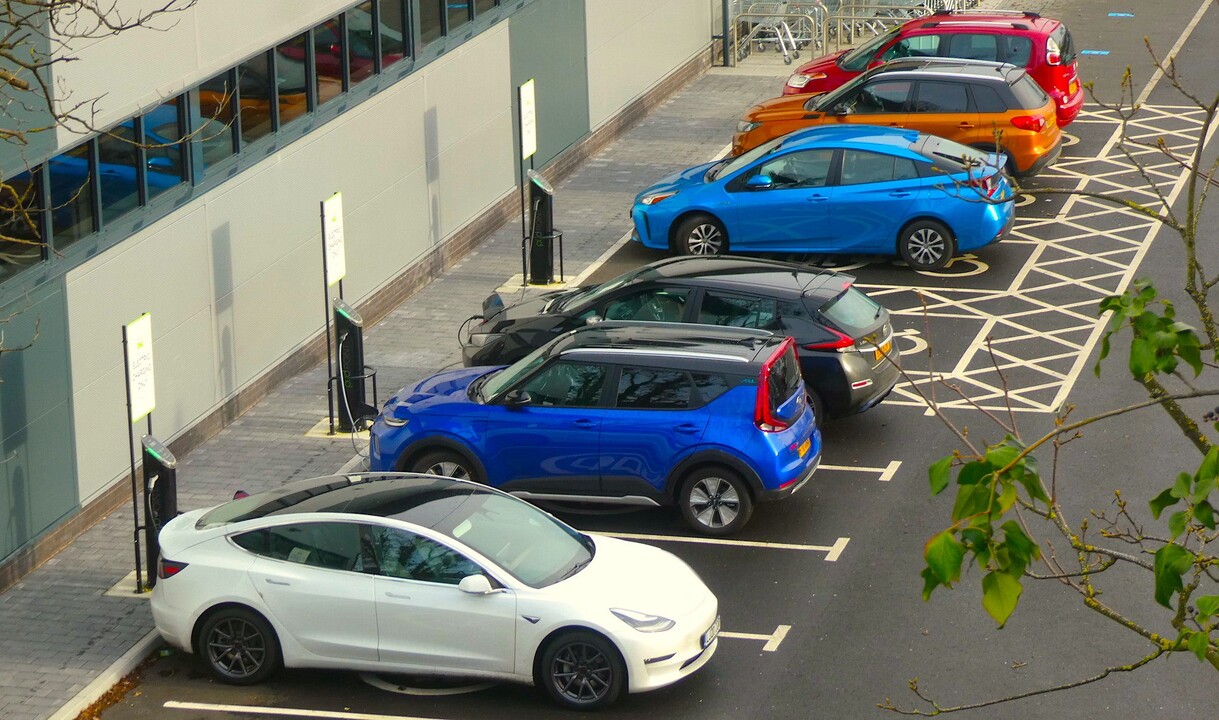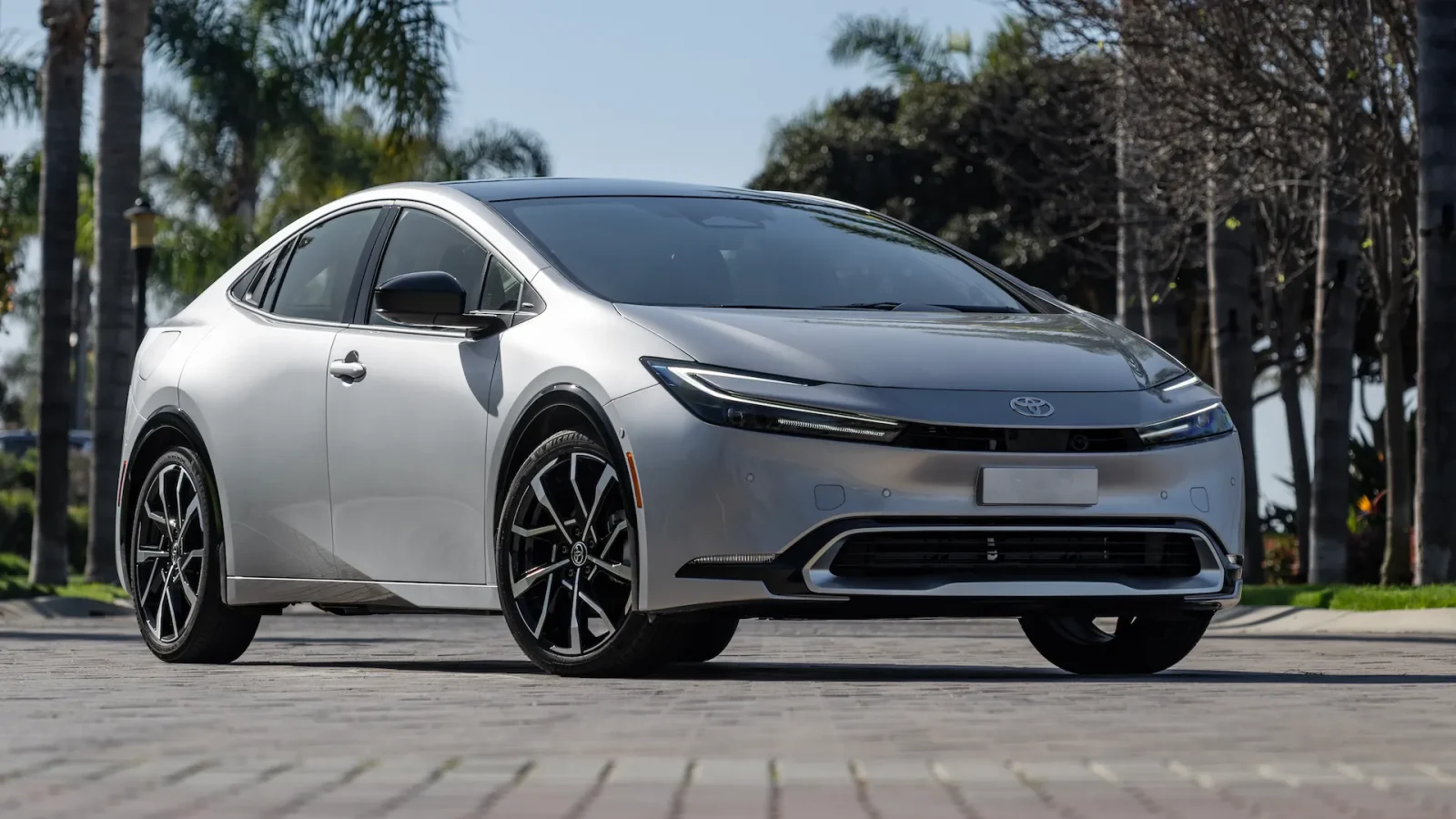The Environmental Protection Agency (EPA) is set to announce major restrictions on tailpipe emissions this week, which would mandate that up to 67% of new vehicles sold in the U.S. by 2032 be all-electric.
EPA Administrator Michael Regan is expected to reveal the proposal in Detroit on Wednesday.
These proposed limits would represent the most stringent climate regulations in the U.S. to date and would pose significant challenges for automakers.
Under the proposed restrictions, electric vehicles would account for between 54% and 60% of new car sales in the U.S. by 2030, and between 64% and 67% by 2032 as report indicated.
These targets are ambitious, considering that only 5.8% of cars sold in 2022 were electric, up from 3.2% in 2021, as reported by Cox Automotive.
These limits would also exceed President Joe Biden’s previous target of having electric vehicles make up approximately 50% of new car sales by 2030.

“As directed by the President in an executive order, the EPA is developing new standards to build on this historic progress and accelerate the transition to a zero-emissions transportation future, thereby protecting both people and the planet,” an EPA spokesperson told.
“Once the interagency review process is completed, the proposals will be signed, published in the Federal Register, and made available for public review and comment.”
The spokesperson did not provide specific details regarding the regulations.
While many automakers have already begun significant investments in electric vehicles, the rapid shift to such technology will present challenges. For example, a substantial number of all-electric cars will necessitate a broad charging infrastructure.
In February, the Biden administration expressed its goal to see at least 500,000 electric vehicle chargers on U.S. roads by 2030 and announced various initiatives to achieve this, including commitments from companies involved in building and operating charging networks, such as Tesla, General Motors, Ford, ChargePoint, and others.
Even with the necessary infrastructure, consumer willingness to adopt electric vehicles remains a crucial factor. This means that automakers must also ensure that the cost of electric vehicles remains reasonable.






Leave a Reply